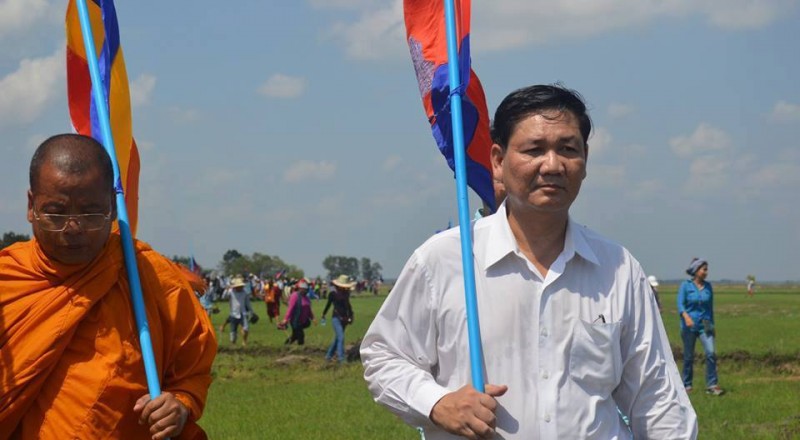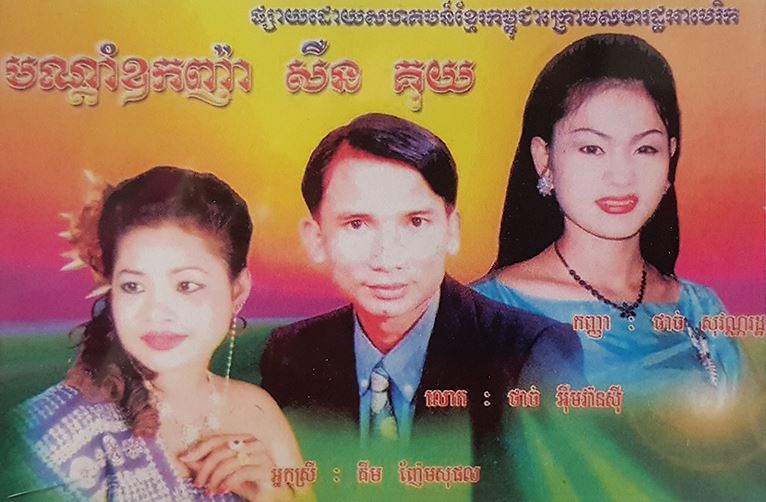Too much surveillance: Respect civil liberties and stop playing ‘fear card’, says UN expert
Thu 12th Waxing Moon of Phagguṇa B.E.2560, March 9, A.D.2017 Year of the Monkey
Geneva (08 March 2017) – The United Nations Special Rapporteur on the right to privacy, Joseph Cannataci, has presented his report to the Human Rights Council, denouncing current surveillance legislation and calling for States to respect privacy as a universal right in the digital age.
Mr Cannataci said: “The issue of governmental surveillance deserves more attention than ever. I am deeply concerned that the right to privacy will simply not experience a full transition to the digital age. In general, laws have been drafted and rushed through the legislative process of States with clear political majorities to legitimize practices that should never have been implemented.”
The UN expert further emphasized that he did not support current legislation aimed at regulating surveillance: “There is little or no evidence to persuade me of either the efficacy or the proportionality of some of the extremely intrusive measures that have been introduced by new surveillance laws in France, Germany, the UK and the USA.”
He believed that such measures amounted, in part, to “gesture politics” by politicians who wished to be seen to be doing something, even if the laws didn’t really work in practice.
Mr Cannataci went on to criticize the manipulation of fear of terrorism by policy-makers, urging them to: “Desist from playing the fear card, and improve security through proportionate and effective measures, not with unduly disproportionate privacy-intrusive laws.” Citing Cardinal Vincent Nichols he said: “I don’t believe that any form of leadership is best exercised by using fear. True political leadership does not play the fear card.”
The Special Rapporteur stressed the universal nature of the right to privacy saying: “States should prepare themselves to ensure that both domestically and internationally, privacy is respected as a truly universal right – especially when it comes to surveillance carried out on the Internet.”
He called for increased international cooperation and transparency towards the public, demanding safeguards without borders and remedies across borders. There was, he stressed, a role for international law: “What the world needs is not more State-sponsored shenanigans on the internet but rational, civilized agreement about appropriate State behavior in cyberspace.”
Mr Cannataci ended his report to the Council saying: “It is both plausible and reasonable that a significant number of States will eventually coalesce around a legal instrument to regulate surveillance and protect privacy in cyberspace. This would be good for citizens, good for governments, good for privacy and good for business.”
(*) You can read the Special Rapporteur’s report here.
Mr. Joseph Cannataci (Malta) was appointed as the first Special Rapporteur on the right to privacy by the Human Rights Council in July 2015. The appointment is for three years. As Special Rapporteur, Mr. Cannataci is part of what is known as the Special Procedures of the Human Rights Council. Special Procedures, the largest body of independent experts in the UN Human Rights system, is the general name of the Council’s independent fact-finding and monitoring mechanisms that address either specific country situations or thematic issues in all parts of the world. Special Procedures’ experts work on a voluntary basis; they are not UN staff and do not receive a salary for their work. They are independent from any government or organization and serve in their individual capacity. Learn more
For more information and media requests please write to srprivacy@ohchr.org
For media inquiries related to other UN independent experts:
Bryan Wilson – Media Unit (+ 41 22 917 9826 / mediaconsultant1@ohchr.org)
– See more at: http://www.ohchr.org/EN/NewsEvents/Pages/DisplayNews.aspx?NewsID=21321&LangID=E#sthash.GQXhQ3WI.dpuf
Related
សូមគាំទ្រឧបត្ថម្ភ សហគមន៍ខ្មែរក្រោម Support KKC
សូមអរគុណដ៏ជ្រាលជ្រៅចំពោះសប្បុរសជននូវវិភាគទានទាំងនេះ។
We’re On Facebook

Sign in
Click here to reload the page over ssl.





